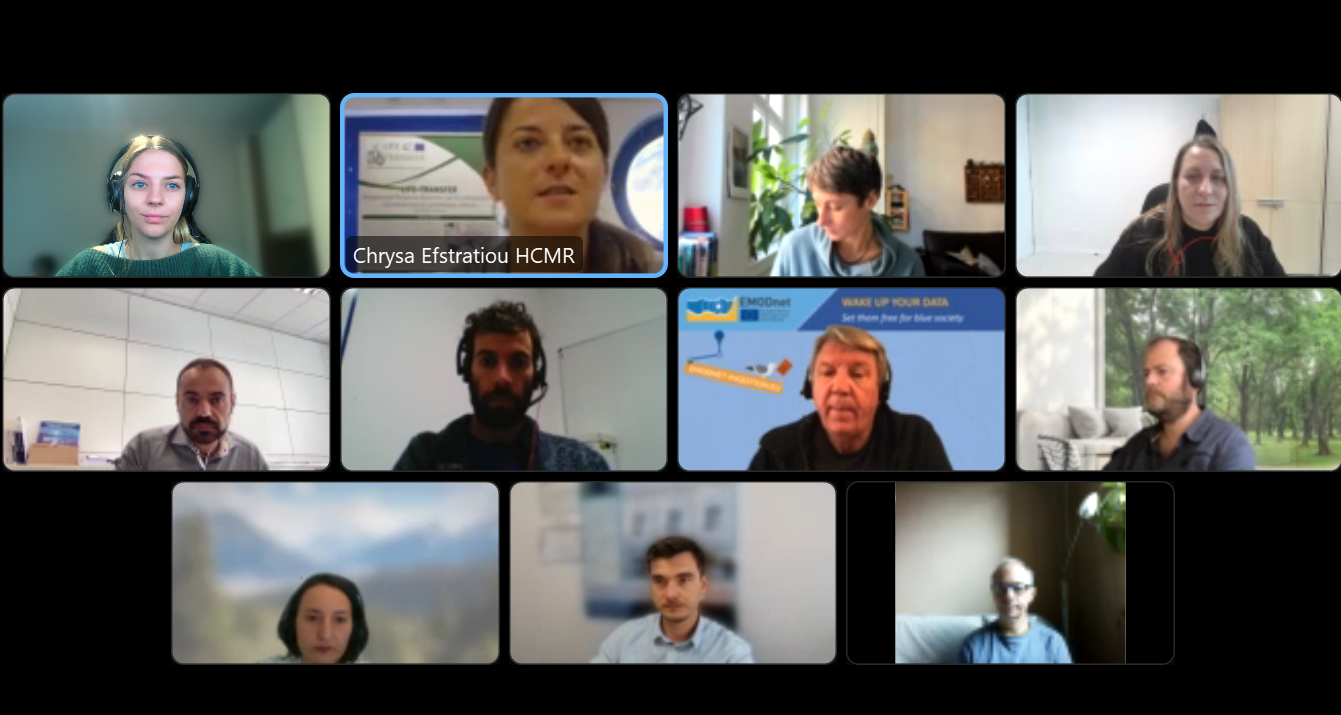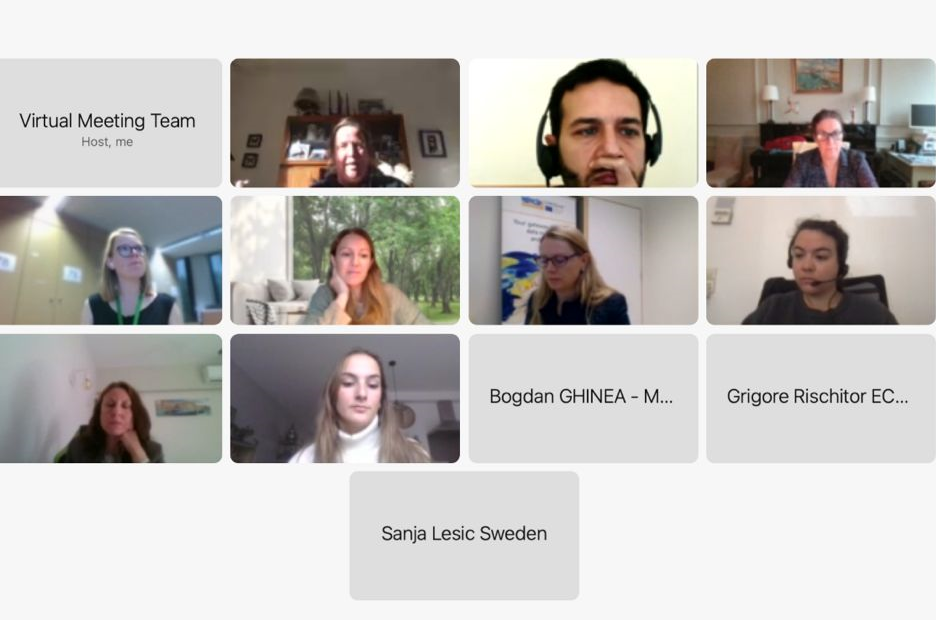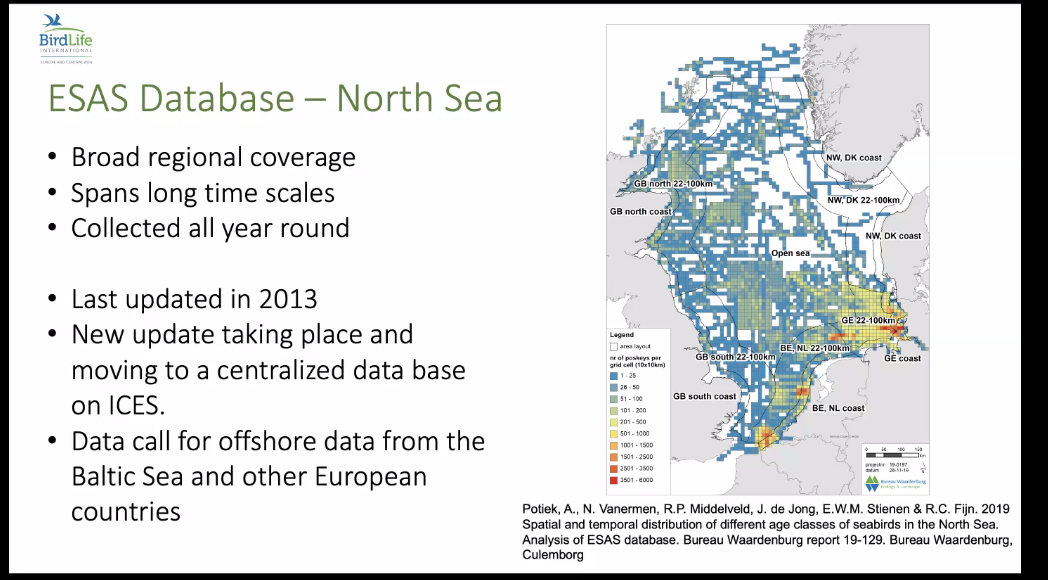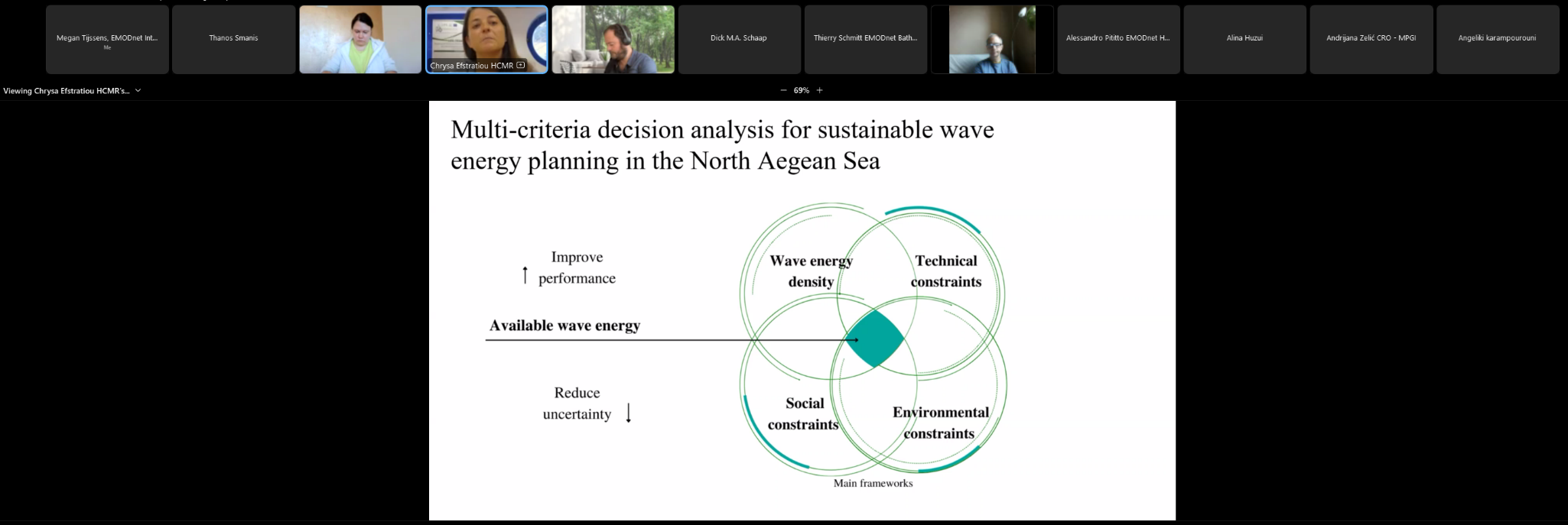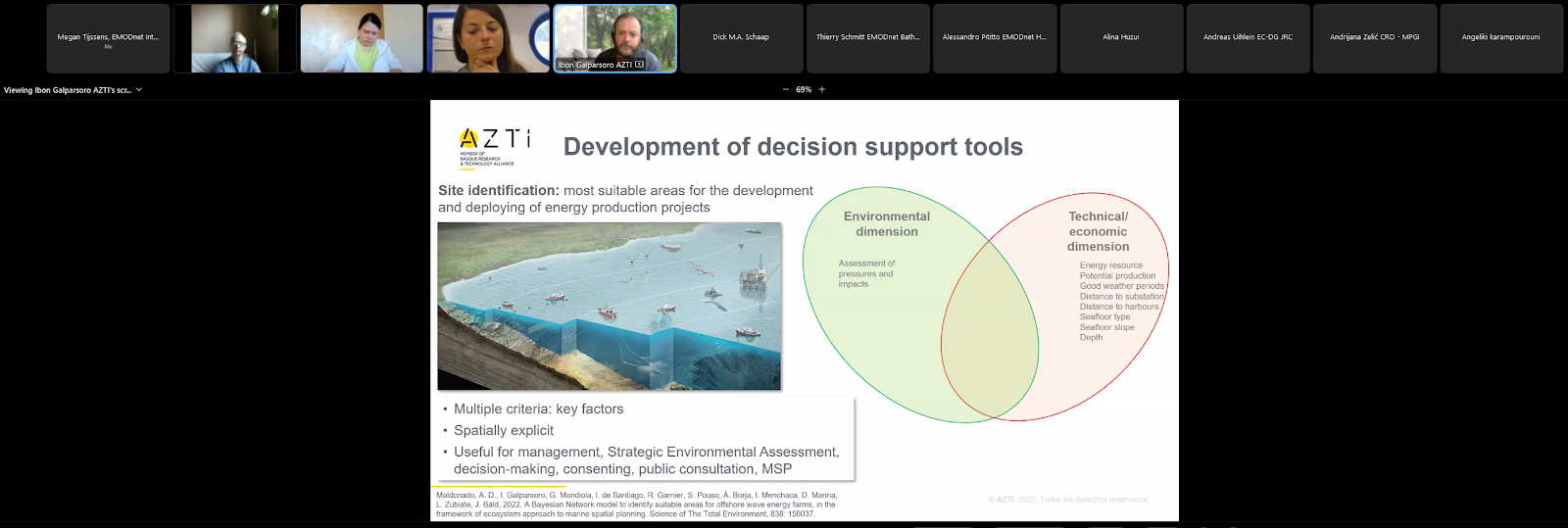EMODnet for Business workshop: Marine Data for and from the Offshore energy sector in the Mediterranean Sea and Black Sea
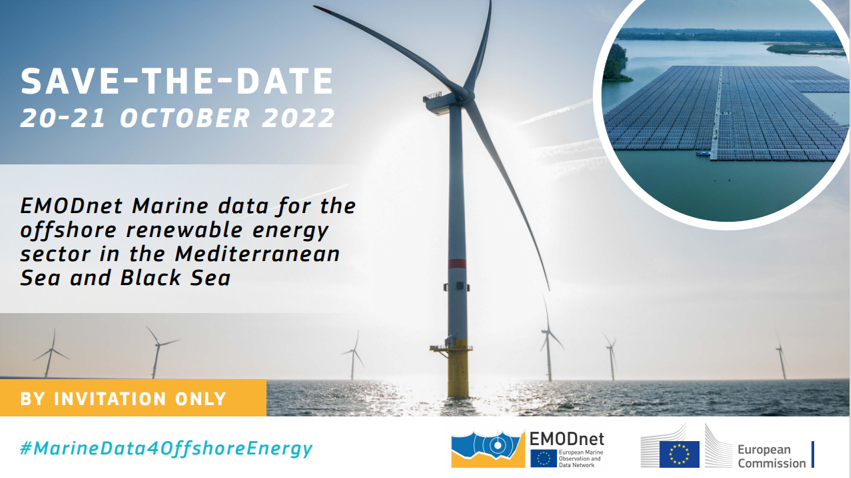
On 20-21 October 2022, EMODnet together with the European Commission DG MARE organised an online workshop on “EMODnet marine data for the offshore renewable energy sector in the Mediterranean Sea and Black Sea”. This workshop was the second in a series, with the first workshop focusing on the Northeast Atlantic, North Sea and Baltic Sea. The workshop was attended by over 80 offshore renewable energy experts with representatives from diverse sectors including industry, research, policy, marine data services and non-governmental agencies. EMODnet was well represented by thematic experts from geology, seabed habitats, bathymetry, chemistry, human activities, Data Ingestion, Central Portal and the EMODnet Secretariat.
’The role of EMODnet in gathering evidence to ensure that offshore renewable energy is deployed in a correct manner is critical. This event is crucial in showing this importance!
Day one of the workshop gave the opportunity for demonstrating EMODnet services and for cross-sectoral dialogue on in-situ marine environmental and human activities data needs and requirements for the offshore renewable energy value chain. The agenda included presentations from the Secretariat on the latest EMODnet ‘offer’ transition to a fully centralised service with a common map viewer and many other upgraded functionalities, and, demonstrations of the latest EMODnet services from Human Activities (COGEA, Italy), Geology (GTK, Finland), Seabed habitats (JNCC, UK), Bathymetry (SHOM, France) and Chemistry (MARIS, Netherlands). Additionally, speakers from Hellenic Centre for Marine Research, AZTI and University of the Aegean presented use cases of open source EMODnet and other marine data, whilst BirdLife International and AZTI presented case studies on existing activities and reports focused on the impact of offshore renewable energy sector using marine data.
’All model tools that we produce would not be possible if we did not have access to the data and data products provided by EMODnet!
The second day focused on data sharing, specifically how the offshore renewable energy sector can contribute in situ marine environmental measurements to EMODnet databases through its EU EMODnet Data Ingestion service. At the meeting the EMODnet Secretariat and the Data Ingestion Scientific Coordinator from MARIS (Netherlands) presented the benefits of data sharing and the EMODnet Data Ingestion as a public service to support data collectors in data management, curation and integration into EMODnet.
More information regarding the workshop can be found on the Maritime Forum, with direct access to the agenda, presentations and workshop report.
Media
